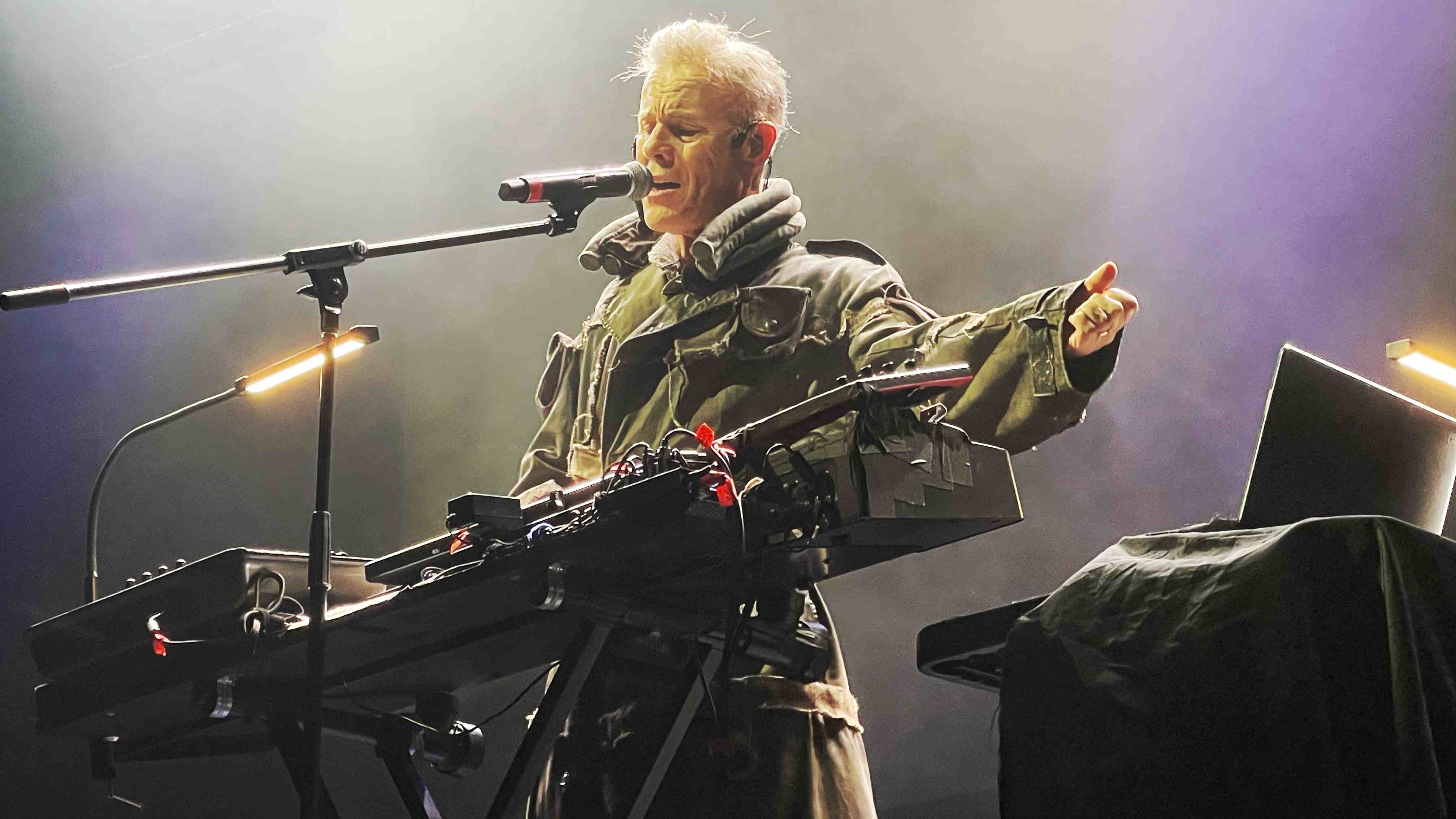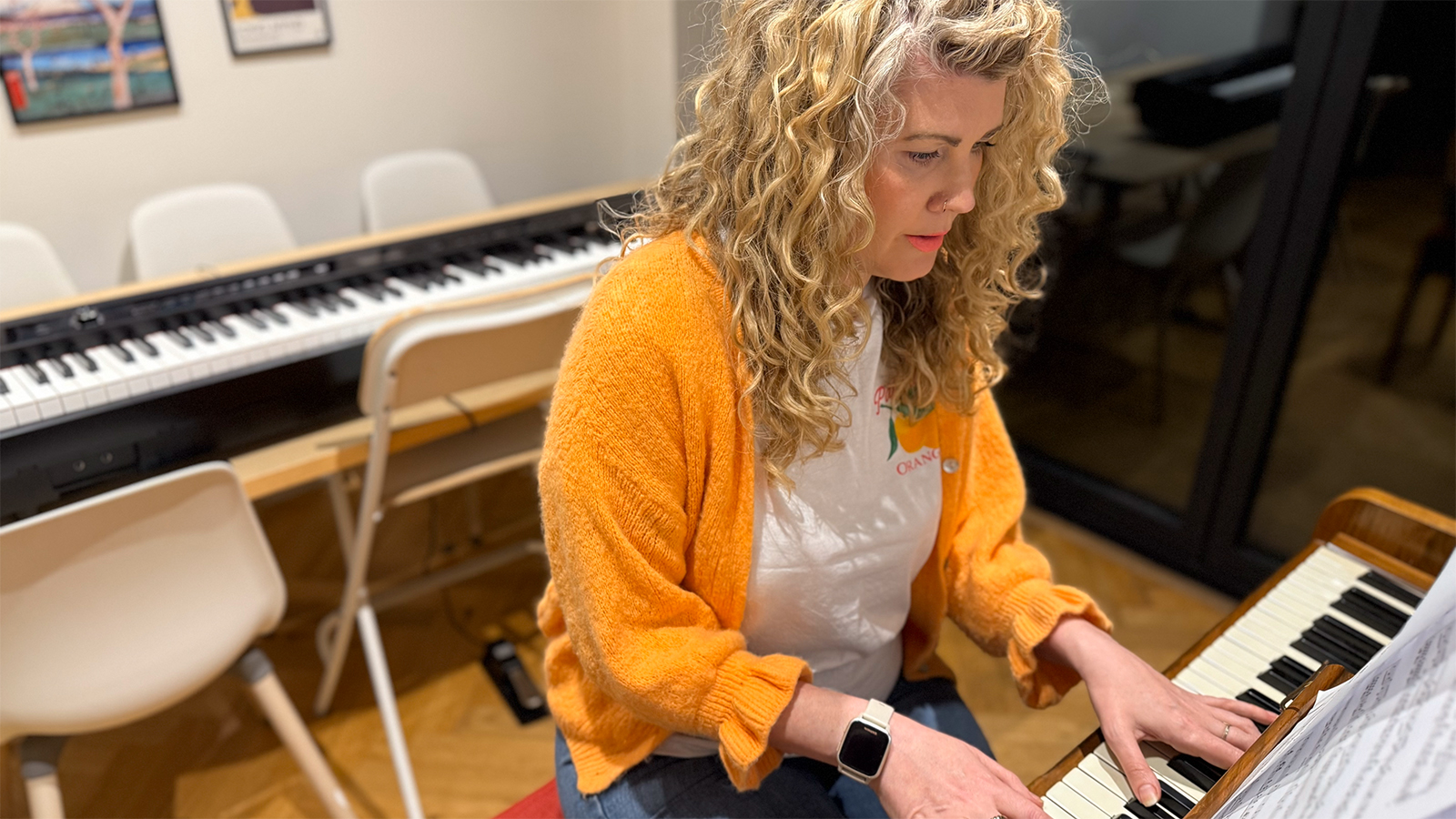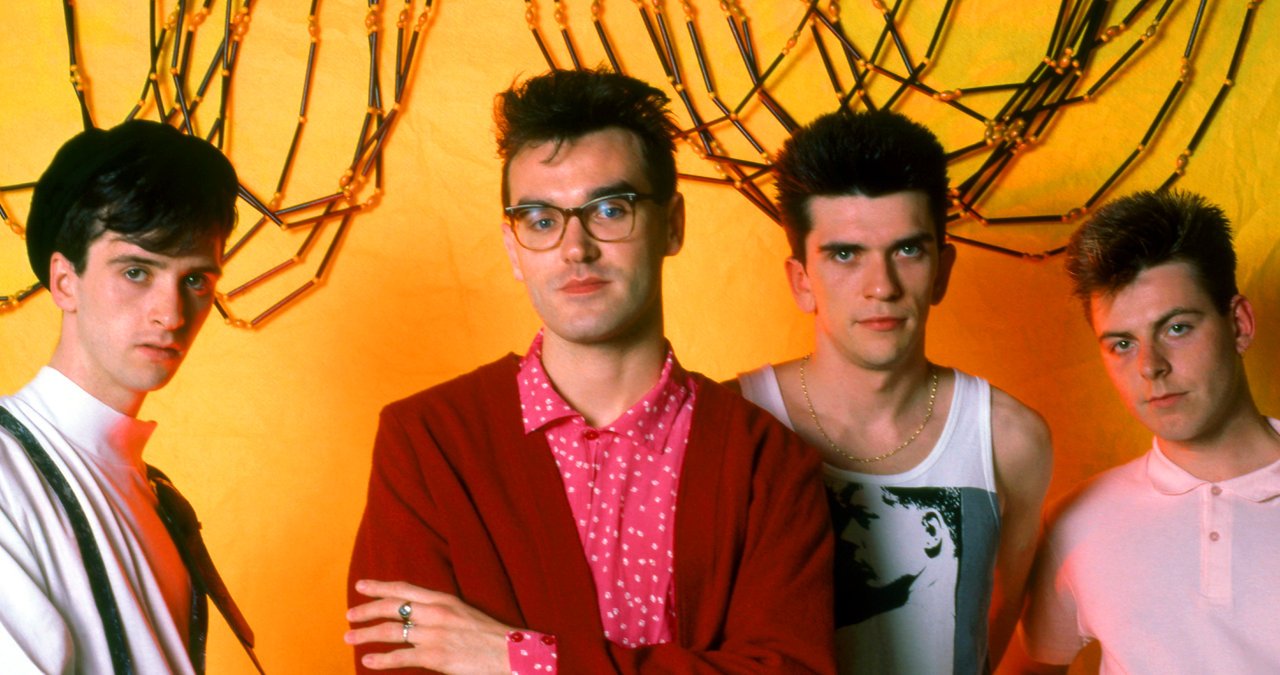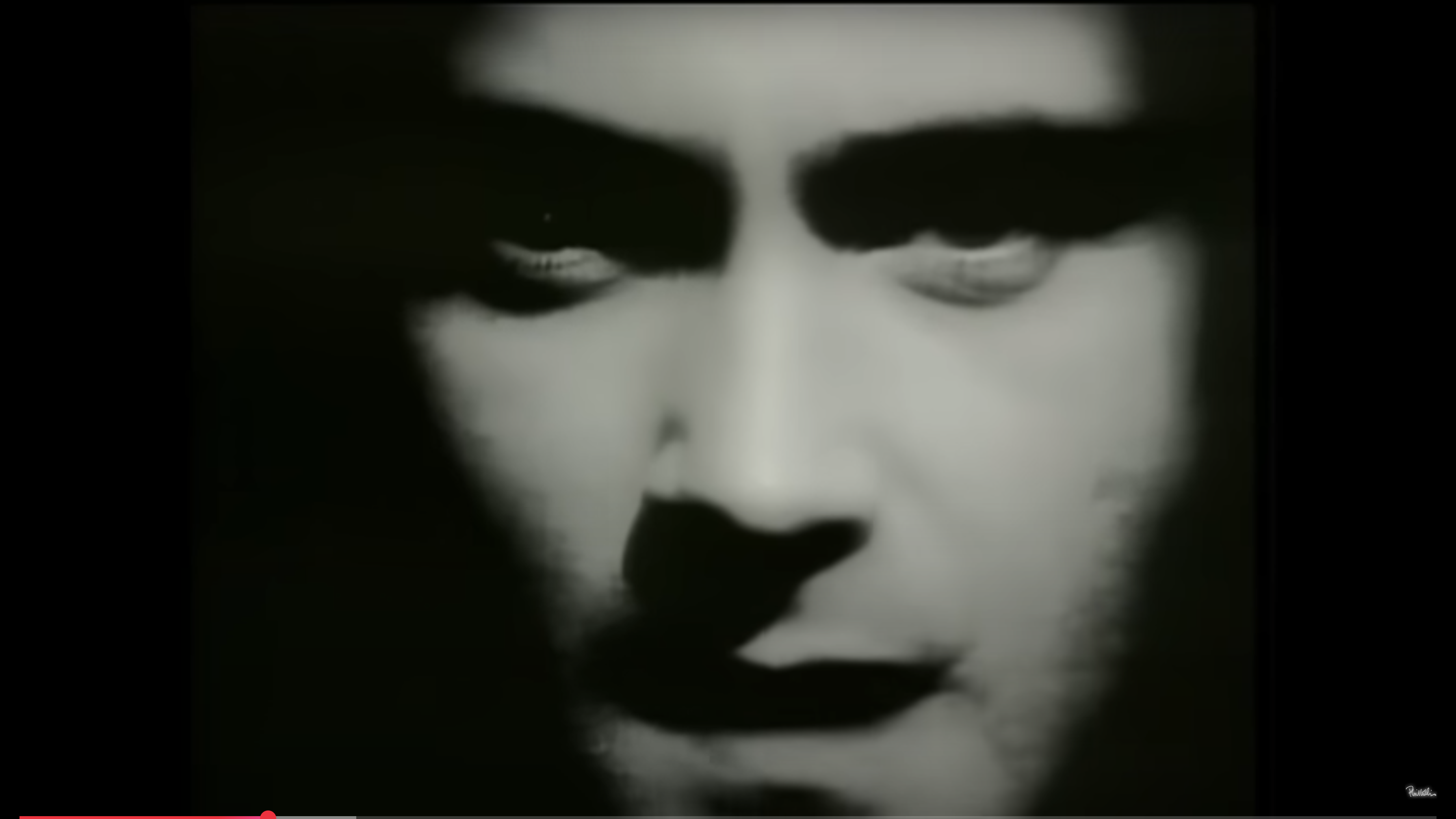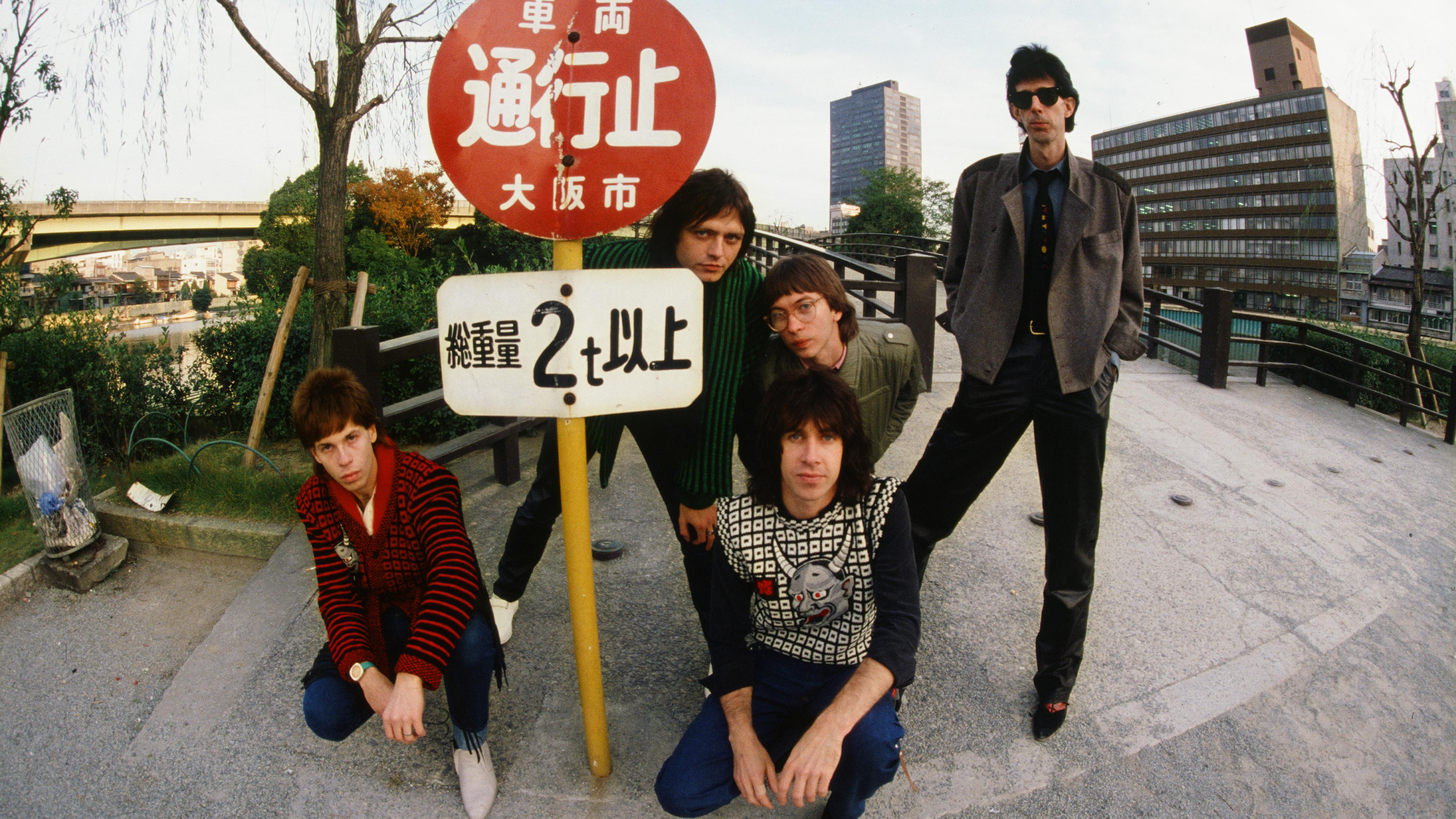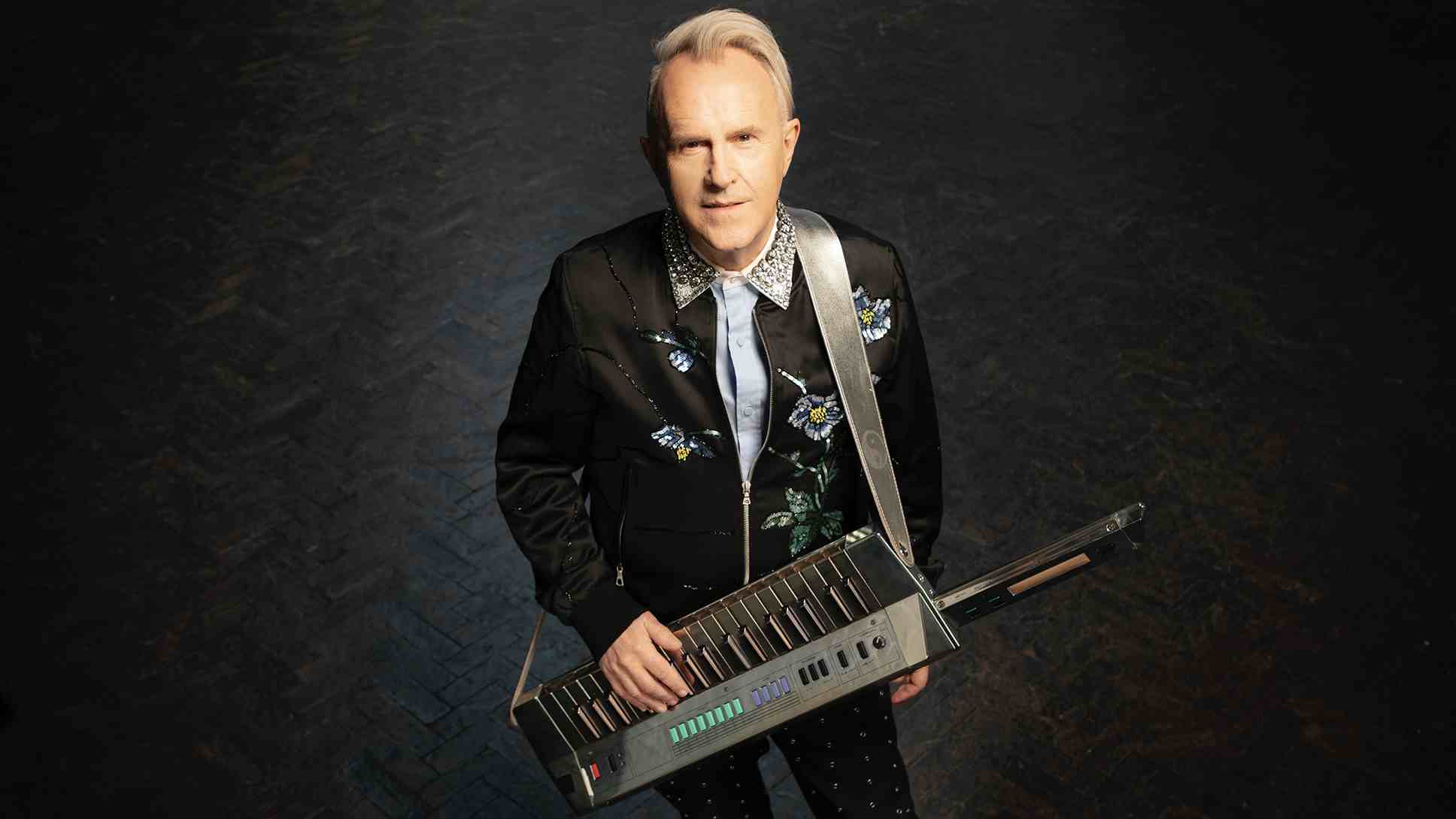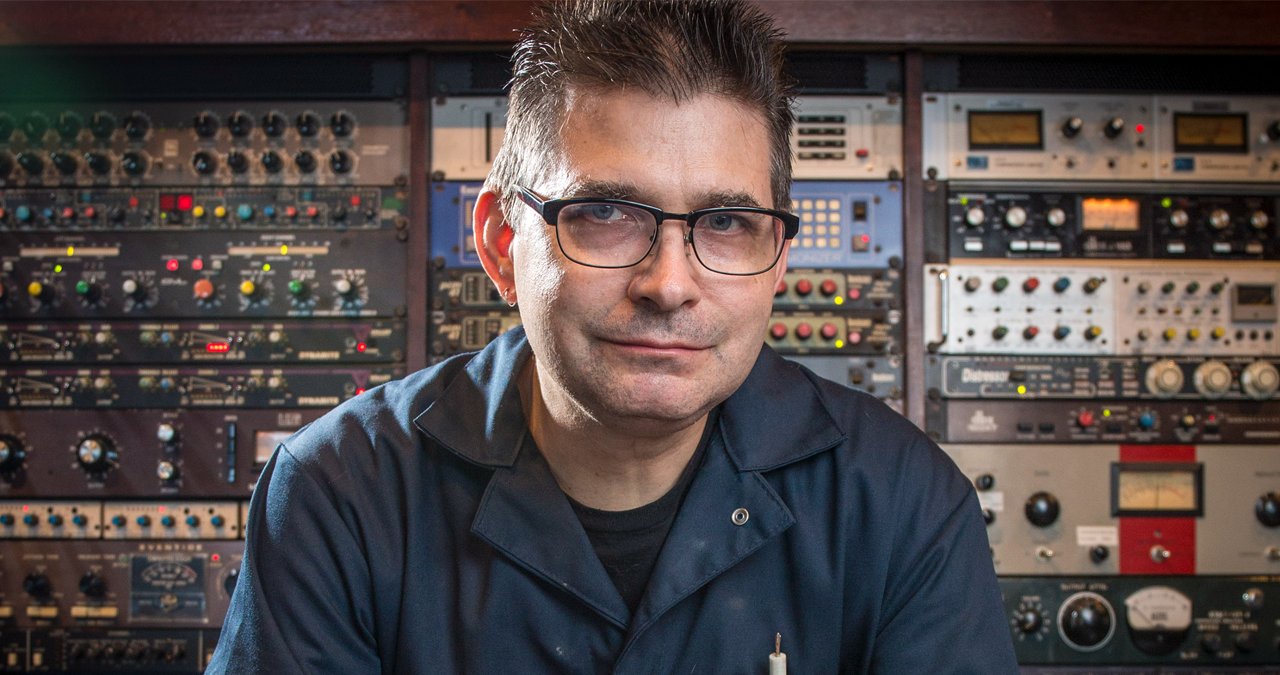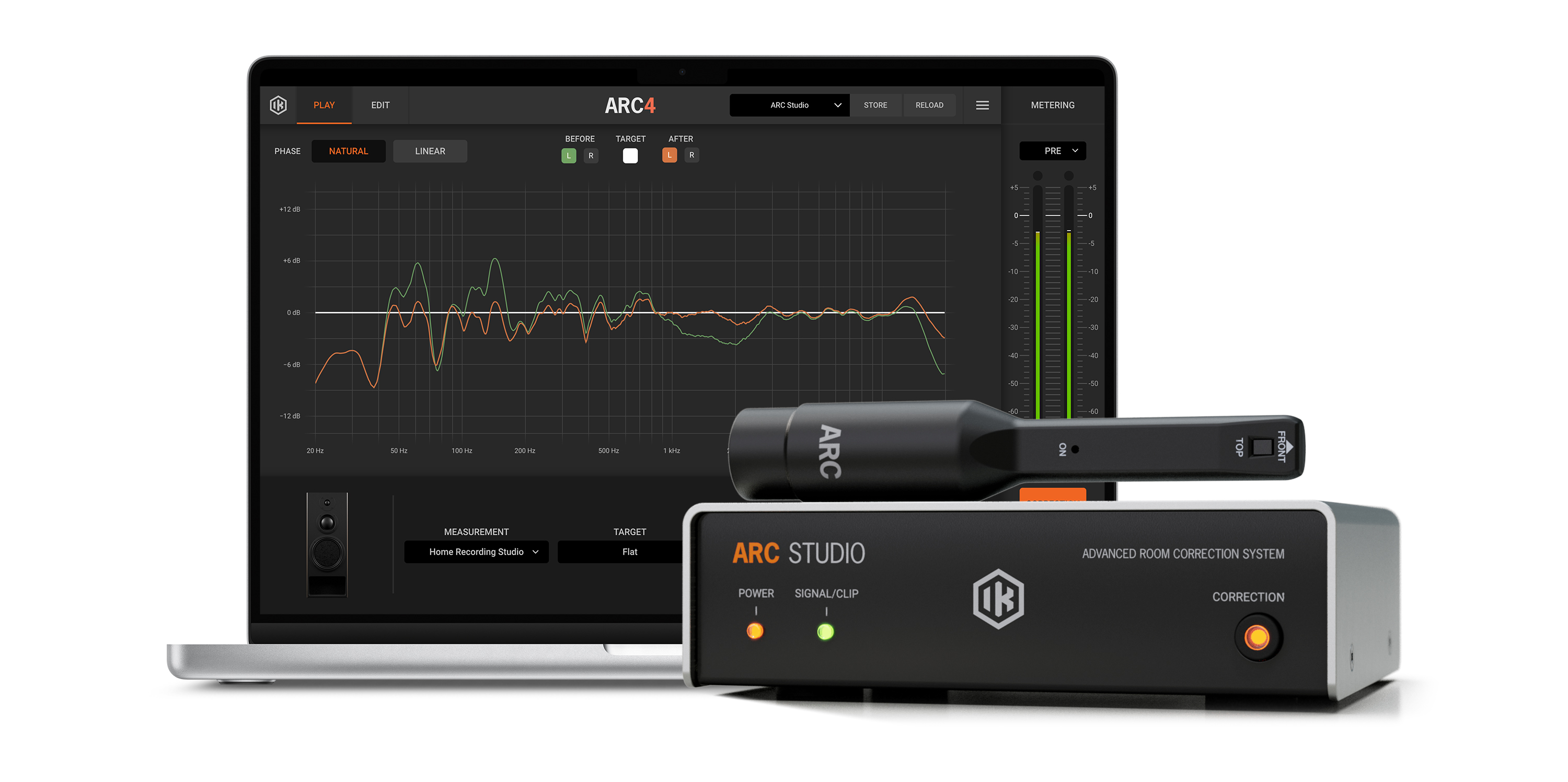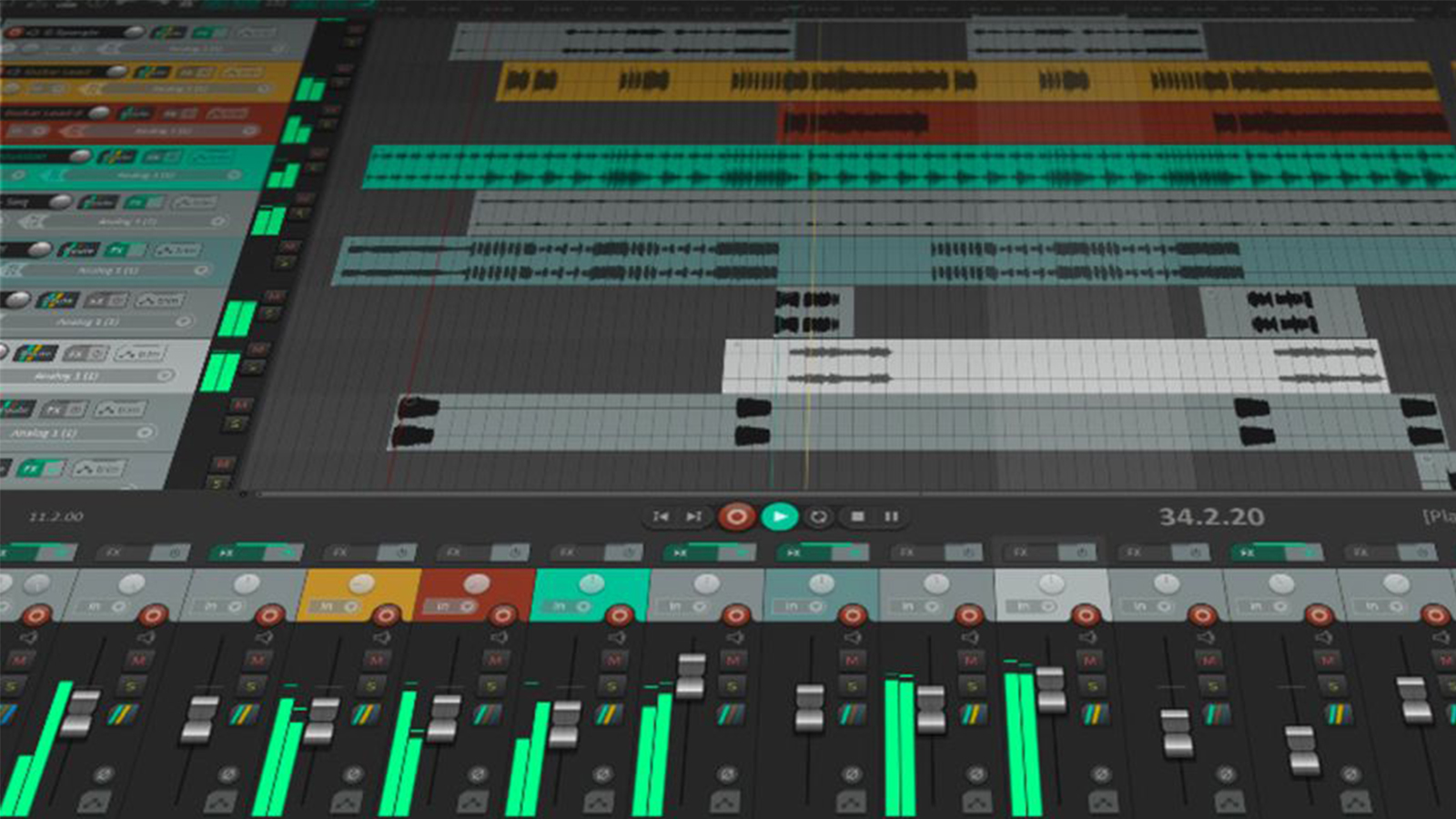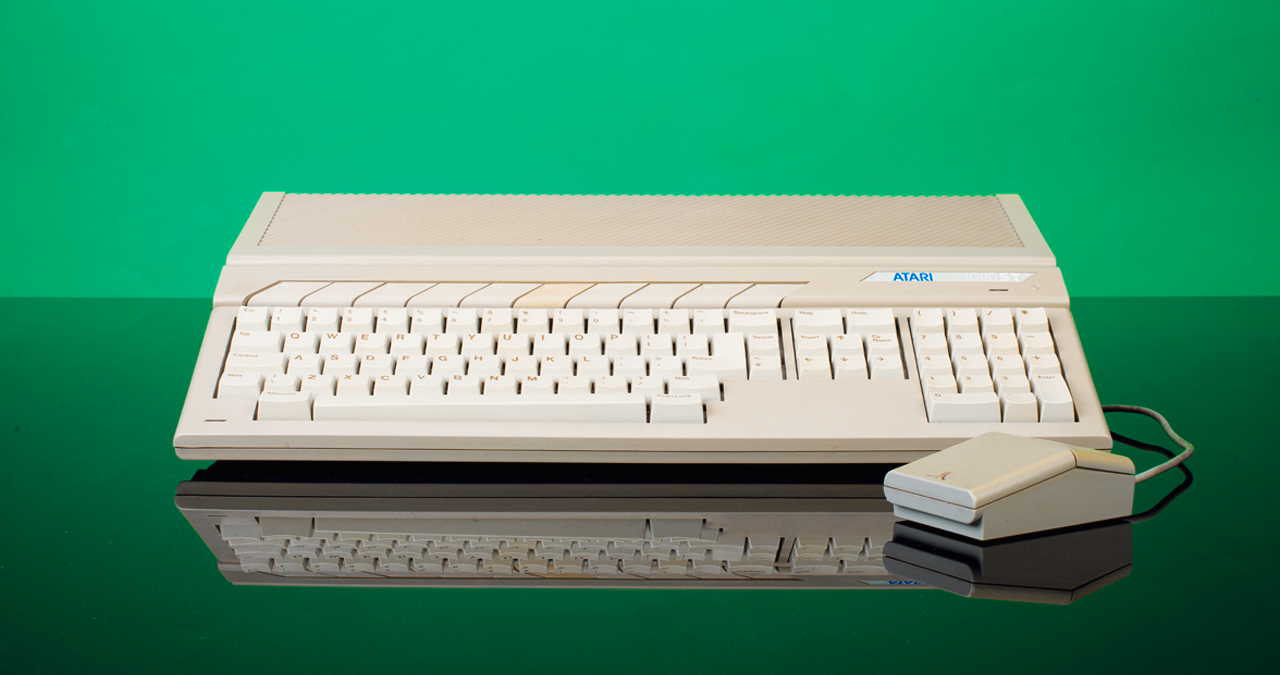“No one noticed that half the playlist was AI-created, and a few even preferred the AI tracks”: Should today’s music-makers and producers fear AI - or embrace its inevitability?
This is the dawning of the AI age - but it doesn’t have to be the death knell for humans. Here’s why we believe music production will always be a human-led pursuit
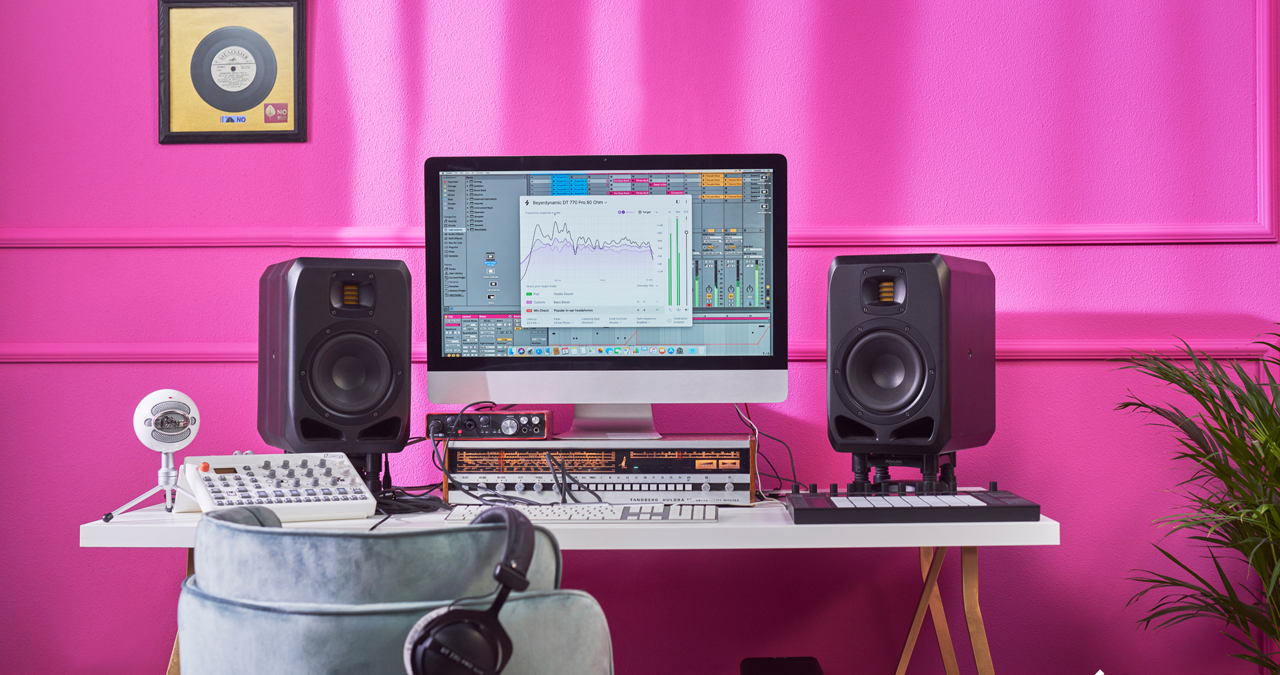
PRODUCER WEEK 2025: In 2023, a poll revealed that almost three quarters of music producers feel that AI music generators could replace them in the future. This is a scary thought. And when you consider just how much more advanced AI is now than there was in 2023 - and how much it’s already infiltrating music streaming platforms - there’s more cause than ever for alarm.
But an alarm is not a death sentence.
Yes, AI is here and AI is changing things, fast. But it’s not the end for music producers, not by a long shot. Here’s why AI won’t replace human music producers - despite what the AI CEOs may be insisting.
AI is here to stay
For better or worse, the age of AI is upon us and no amount of hiding our headphones in the sand is going to make it go away. “I believe the AI era for music is here,” said Sonarworks CEO Helmuts Bems in a recent blog post on AI and music production.“It is already much bigger than most people dare to think.”
The company may be best known for its room calibration SoundID Reference software but it also offers SoundID VoiceAI - AI-powered vocal swap software.
In 2022, the company formed its own think tank to “try to understand the impact that AI is going to have on the music industry.” It’s a fascinating study, but the key takeaway is that AI in music production is not only unavoidable, it’s already well underway, predicting that AI will be the next big music industry disruptor and referring to it as “unstoppable.”
Looking at both AI-assisted human music creation and AI-generated content, the team modeled a number of different scenarios. They all arrive at the same destination, that of AI involvement in music production. However, they differ in terms of the market share and how fast it will happen.

Can you hear it?
Social media is awash with slop. That uncanny mass of AI-generated images and video has become widespread.
But, once you know what to look for - the artificial shininess, the odd composition - one too many fingers - it’s relatively easy to identify AI's aesthetic footprint (for now, that is).
But can the same be said for music? Can you really tell when a song is partially or even completely created by AI?
Get the MusicRadar Newsletter
Want all the hottest music and gear news, reviews, deals, features and more, direct to your inbox? Sign up here.
Helmuts told us the story of first hearing AI music in 2023, recalling that, “it sounded like something you'd hear from a plastic children’s toy.” A year later, the same AI music generator released an update.
Finding it impressive, he made a playlist, mixing AI songs in with human-created ones. “I asked people to listen without telling them which songs were which,” he said. No one noticed that half the playlist was AI-created, and a few even preferred the AI tracks.
“I am 100% convinced that we will get to a point where even a professional, critical listener will not be able to tell AI-generated content from human-generated for general music expression (within the next two or three years),” he concluded.
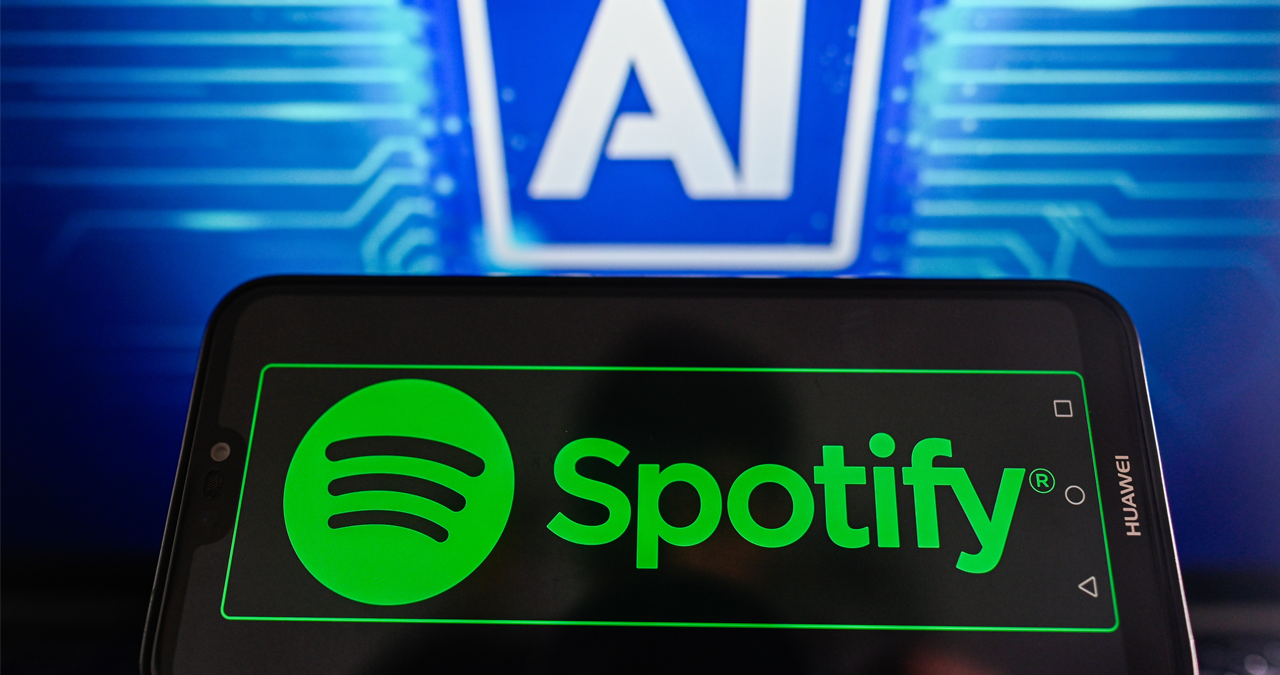
You probably won’t be able to count on a listener backlash either, as with people calling out AI images on Facebook and Instagram.
“I do not think people will actually care,” Helmuts continued. “Do we care that the potatoes we eat for breakfast have not been hand-picked and were instead harvested by a huge, loud industrial tractor?”
So, is it time to close up our studios and start learning how to write prompts?
Not necessarily. AI may be unavoidable but that doesn’t mean there isn’t room for human creativity too. “These two realities will coexist,” Helmuts predicted, “and we will have the best of both worlds.
We’ve been here before
Things may seem dire now but this is not, in fact, the first time that human musicians and producers have felt threatened by new technology.
It’s a running theme, in fact.
No one thinks of synths now as taking away anyone’s job but the Musician’s Union in the UK attempted to ban them.
The argument was that these technological marvels were replacing human musicians. The very idea that a synthesiser could sound realistic enough to take food out of the mouths of tuba and oboe players is today preposterous.
Of course, the irony is that the arrival of synths not only didn’t replace violinists or guitarists, it created new jobs. Along with ‘synthesiser player’, we gained other new job titles like ‘programmer’ - and not to mention all the jobs for people making them, which requires a much different skillset than to become a luthier.
Drum machines caused similar controversy when they became popular in the 1980s, with lots of hand-wringing about the death of the drummer.
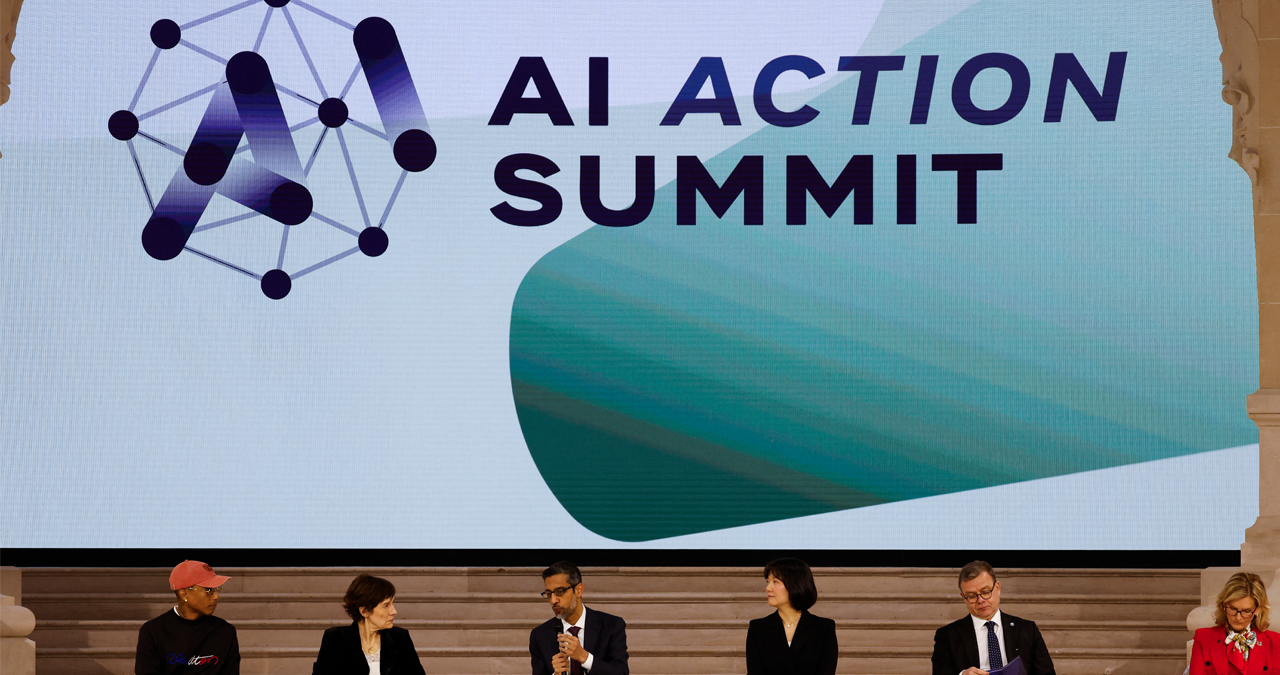
Ironically, it was drummers themselves who championed them on-record, with Phil Collins probably selling more Roland CR-78s than any magazine ads could ever do.
Lastly, the emergence of sampling sent ripples of fear through the industry. If we could sample a violin, why would we ever need an orchestra again?
Of course, the two have continued to exist side-by-side, with many orchestras gaining additional work recording the very samples that were supposed to put them out of a job.
AI as a tool
With the past as an example, let’s now look at how AI, the latest in a long line of technological advancements, can be a positive benefit for music producers.
The first is to think of artificial intelligence as a tool. This is already how most of us are already engaging with AI. Mainly as a way to achieve our goals faster.
In the same way that hardware synthesisers, drum machines and outboard gear have for many been replaced by software versions, enabling us to work more quickly, AI is making things even easier and more efficient.
Examples of this are numerous, from Sonible’s Smart series of mixing plugins, which use AI to EQ, add dynamics and de-ess tracks, to mastering with iZotope’s Ozone and its AI mastering assistant. Then there’s drum programming with Audiomodern’s generative Playbeat; and even composition assistance with tools such as LANDR Composer.
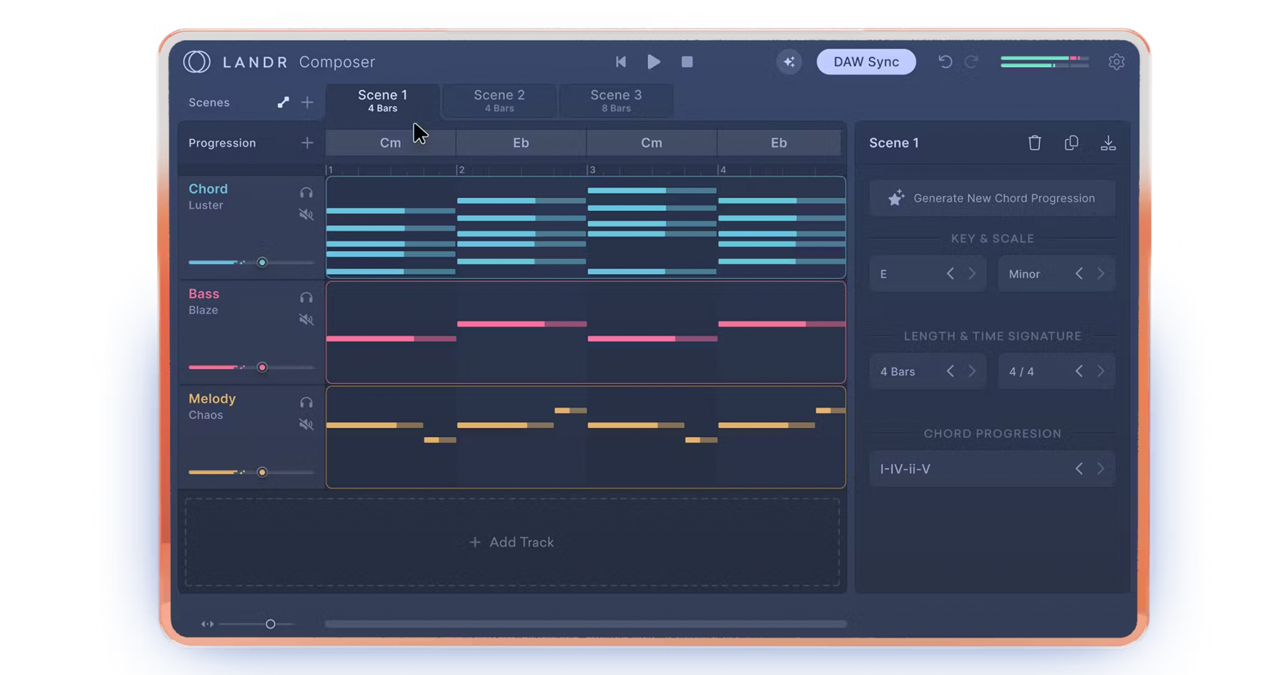
New AI revenue streams
AI as a tool, however, is not really connected to the broader anxieties around generative AI that’s causing some consternation for music producers. The idea that AI could potentially replace humans in a compositional sense is the worrying part.
Some jobs will be affected - that’s an unfortunate given.
Sonarworks identifies session musicians and studio engineers as being particularly at risk in an AI-saturated environment.
However, it’s not all gloom and doom. “We believe that producers and composers will be the big winners in the AI era,” the Sonarworks study states, adding, “Producers and composers in the AI era will be able to deliver more content than ever, without depending on others to deliver their parts.”
Hobbyist musicians will also reap the rewards of AI. “AI-generated music will, in the short term, benefit hobby musicians by making music creation more accessible, intuitive, and enjoyable… AI can also serve as a personal collaborator, offering suggestions, filling in gaps in compositions, or even helping hobbyists learn new musical techniques.”
Also, as with the arrival of synthesisers and sampling, there is potential for new roles and new revenue streams - and not just with writing prompts.
Vocal transformation programs are controversial, yes, but as long as they’re ethically created, as with Benn Jordan’s Voice Swap, there’s work and - more importantly - continuing royalties for vocalists. It’s not a stretch to apply other kinds of musical performances to his model too.
Sampling also offers the example of what can happen once the law catches up with the technology.
“On a different tangent, humans are needed to navigate the ethical implications of AI-generated music, including ownership, originality, and creative rights - areas where AI cannot make value-based judgments,” Helmuts reminded us.
Right now, AI companies are sucking up copyrighted material with little to no consequences. But if this gets settled in a way that benefits the copyright holders in the same way that sampling other records can generate new royalties, there’s a potential new revenue stream for already existing IP.
AI can’t replace human interaction
We may not always be able to tell the difference between human- and AI-created songs on Spotify but one arena that AI will never be able to replace is human interaction.
Direct human-to-human exchange, both musician-to-musician and musician-to-audience, will likely become ever-more important in an AI-dominated musical landscape.
“Live shows are where this will manifest the most,” Helmuts opined. “Human interaction in on-stage dynamics remains irreplaceable. The spontaneous, collaborative energy of people creating music together is a deeply human process that AI cannot replicate. In an increasingly lonely world where more and more human interactions are replaced by computers and robots, going to a live show could be an escape back to human roots.”
Even if AI becomes incorporated into live performances, adding real-time elements like adaptive music that responds to audience reactions, or by assisting performers with backing tracks or orchestrations, that human element will always remain crucial.
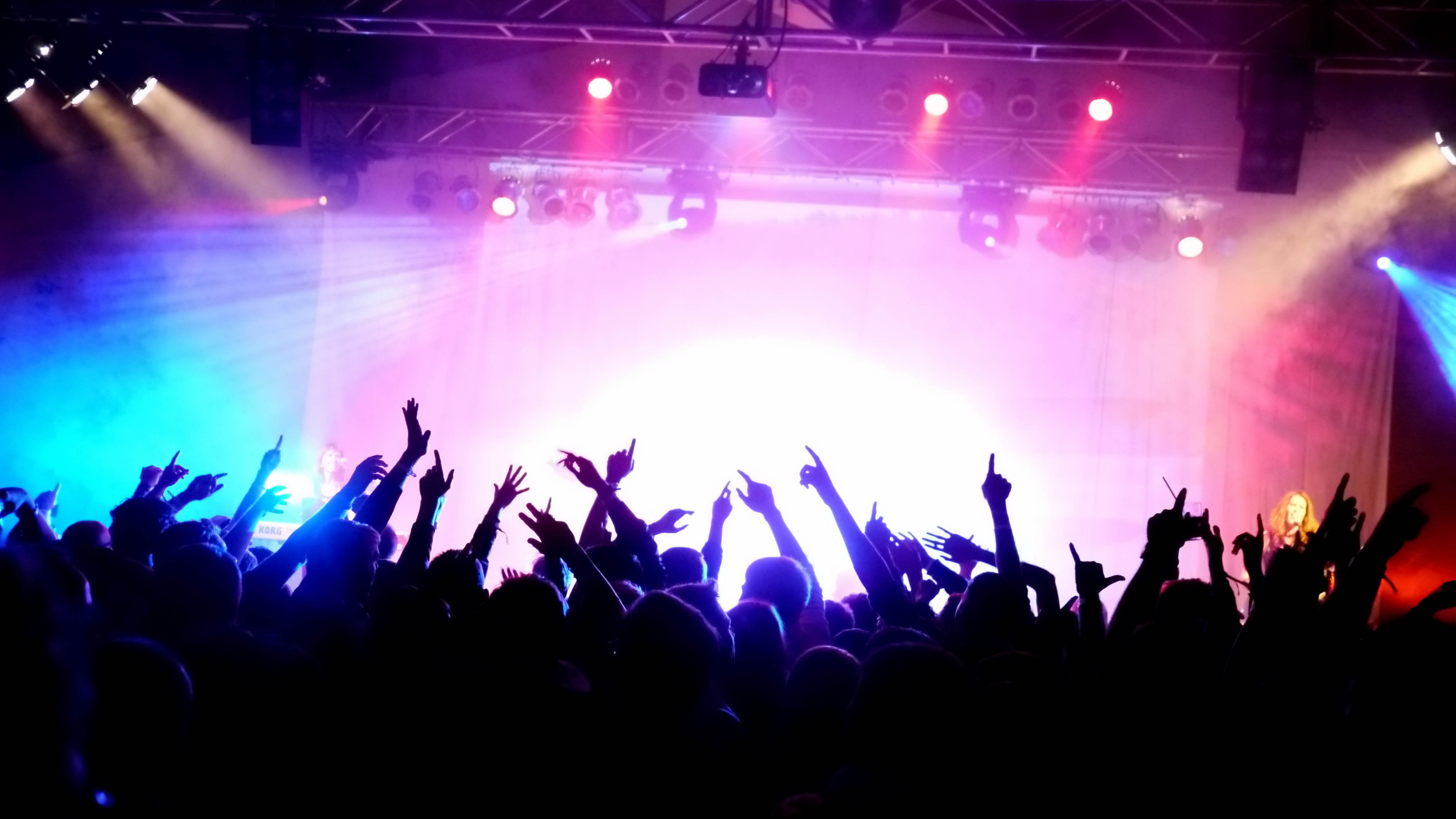
AI has no soul
Ultimately, the reason AI won’t replace human music producers is because creativity is a distinctly human aspect.
Despite what Mikey Shulman, the CEO of generative music site Suno, would have us believe, musicians actually enjoy making music. Playing and composing music is hard-wired into human biology.
It assists in communication and contributes to social harmony. We’re not about to give that up to the algorithm no matter what the tech bros may say in venture capital pitches.
As Michael Wynne, mixer and host of the In The Mix YouTube channel, said in a recent video, “If you just give a human a piece of paper and a pencil… the result you get might not be as impressive (as AI) but at least it's not going to be emotionally vacuous. It's going to have some kind of creativity and emotion embedded within it.”
Where does this urge to create come from?
Helmuts put it like this: “The big question here is: where does music inspiration come from? What makes us human? Is music a result of pure skill and craft, or does the inspirational spark come from some expression outside our direct perception? If you believe in God, energy, or consciousness transcending a human being, can this ‘outside’ be an inspiration for a music idea in an artist?”
If it’s truly just about skill, Helmuts suggested, then the AI has us beat eight ways to Sunday. It’s faster, can consume more ‘inspiration’ in the form of intellectual property to learn from, and is improving at an alarming rate.
“On the other hand,” he continued, “if the music creativity spark comes from beyond just our brain and skill, then I do not believe AI can be inspired by that. If that is so, then AI music in itself is doomed to never be truly inspirational, and humans will always be more creative.”
Adam Douglas is a writer and musician based out of Japan. He has been writing about music production off and on for more than 20 years. In his free time (of which he has little) he can usually be found shopping for deals on vintage synths.
You must confirm your public display name before commenting
Please logout and then login again, you will then be prompted to enter your display name.
Rock & Roll Hall of Fame 2025 inductees revealed: The White Stripes, Outkast and Soundgarden make the cut, but Oasis, Billy Idol and The Black Crowes miss out
"Fender will not get preferential treatment": Reverb has been sold by Etsy to investors in Fender and SoundCloud - but says its partnership with the guitar manufacturer "remains unchanged"

